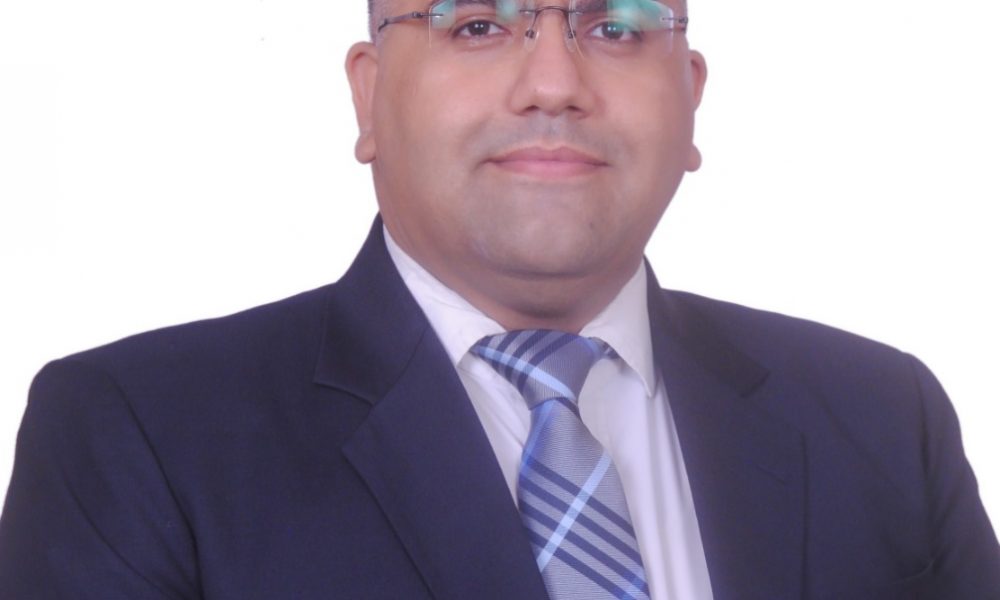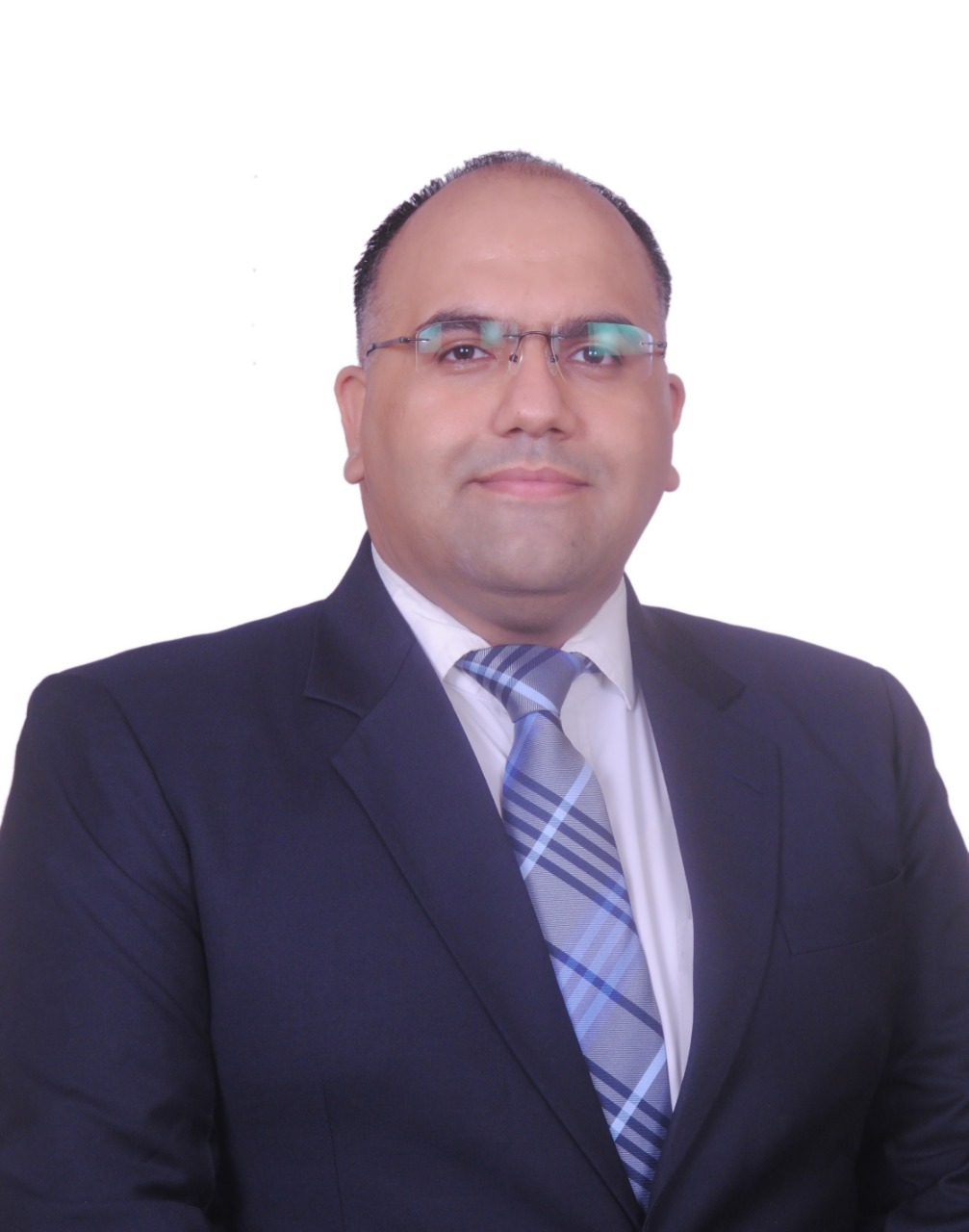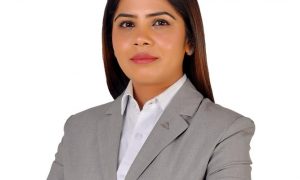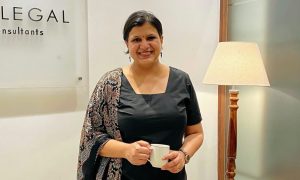This interview has been published by Priyanka Karwa and The SuperLawyer Team

To start this conversation, please tell us about your decision to pursue law.
I finished schooling in 2007, not so long after my father’s retirement from judicial service and right after enrolment of my brother with Bar Council of Delhi. I got to see both of them in invigorating discussions over nitty-gritties of law. This influenced me considerably in making my mind to pursue law. Also, I realised that graduation in law can be foundation for various vocations.
Can you tell us about your experience as a Law-Clerk-cum-Research Assistant in Supreme Court of India? How did this experience shape your career in law?
In 2012, few month before my graduation from National Law University, Jodhpur, I got the opportunity to intern with Retd. Justice Dalveer Bhandari, Former Judge of Supreme Court of India. This experience encouraged me to seek engagement as a Law Clerk-cum-Research Assistant. At that time, Supreme Court of India conducted interviews for selection to pool of graduates for post of Law Clerk-cum-Research Assistant. After I was selected, I got assigned to the office of Retd. Justice RM Lodha, Former Chief Justice of India. He was a very hard task-master and very disciplined. However, he was very kind to allow me to pursue LL.M. while working in his office. My experience as a Law Clerk-cum-Research Assistant enabled me to have a better understanding of jurisdictions of different court(s) and tribunal(s) as paper-book filed in Supreme Court of India are comprehensive vis-à-vis question of law / issue. After my term as Law Clerk-cum-Research Assistant got over, I got the opportunity to work as an associate in office of Mr. Sidharth Luthra, Senior Advocate & Former Addl. Solicitor General of India.
What inspired you to start independent practice and focus on trial court work?
I got to learn a great deal about working of superior courts in office of Mr. Sidharth Luthra, Senior Advocate. During my time at his office, I realised that when one is young in the profession, judges, senior members of bar & court staff accommodate & condone mistakes to enable a learning curve. However, similar treatment is not easily offered to someone who has some experience at the bar.
Over the period of more than 7 years, since I have been independently practicing, I have made my own set of mistakes and I have learned from them. A large part of my learning curve, in trial court, is influenced by my stint as panel lawyer for Magisterial Courts with Delhi State Legal Services Authority and by rendering assistance to my father with his work.
In my opinion, it is very crucial for a lawyer to have a reasonable understanding of workings of court(s) of first instance, especially procedural law(s). It also helps in having a better understanding of the legal issues while working in appellate courts.
Would you share a cross-examination technique or approach?
I do not think that art of cross-examination can be taught. It is developed organically by every lawyer through his / her own experiences.
I have garnered some experience to identify certain crucial concepts. For example, I have seen many witnesses falling prey to confirmation bias. As a lawyer, while doing cross-examination, it is imperative to identify the potential confirmation bias in the testimony of witness and exploit it to raise doubts on credibility of testimony of the witness
In 2020, you got enrolled in the Supreme Court of India as an Advocate-on-Record. Why did you choose to enrol since you focused on trial court work?
While working in trial court, I got many indigent clients whose case had merit for them to be argued before superior courts. I could continue providing legal services in the High Court of Delhi but not in Supreme Court of India since I could not do filing there. I got enrolled as an Advocate-on-Record to become eligible to file and pursue such matters before the Supreme Court of India which, in my opinion, need consideration qua individual right of such litigant or have a larger impact.
Can you tell us about a particularly challenging case you worked on and how you overcame the challenge?
One of the challenging cases I got to work upon was a medico negligence case. I represented the interest of complainant who, who was otherwise suffering from a terminal / chronic illness, having been advised for a particular surgery, had undergone surgery which did not have a favourable outcome. The complainant chose to contest the matter before State Consumer Commission asserting medical negligence against the surgeon / doctor and the hospital. During the pendency of the matter, upon order of State Consumer Commission, an opinion of medical board from a reputed hospital was taken which recorded that there was no medical negligence. However, eventually, the State Consumer Commission declined jurisdiction as compensation sought was beyond its pecuniary jurisdiction.
Thereafter, complainant approached me to pursue the matter before National Consumer Disputes Redressal Commission. Upon seeing the file, I advised the complainant to pursue the complaint before the National Consumer Disputes Redressal Commission on the grounds of lack of informed consent and deficiency in service as complainants’ consent form was a standardised pre-printed form. The National Consumer Disputes Redressal Commission, in its judgment, though dismissed the complaint but acknowledged that the usage of pre-printed forms for consent, by the hospital, was administrative arbitrariness and one-sided high handedness and imposed heavy cost on the hospital.
You have also worked on notable cases such as Rajesh Tyagi v. Jaibir Singh, FAO No. 842 / 2003 before Hon’ble High Court of Delhi. Can you tell us about it?
The Hon’ble High Court of Delhi in matter titled Rajesh Tyagi v. Jaibir Singh, FAO No. 842 / 2003, dealt with procedural issues faced by Motor Accident Claims Tribunal(s) having jurisdiction in Delhi. The Hon’ble High Court of Delhi directed for Modified Claims Tribunal Agreed Procedure to be followed by all Motor Accident Claims Tribunal(s) which are subordinate to Hon’ble High Court of Delhi and for filing of Detailed Accident Report by investigation agency before concerned Motor Accident Claims Tribunal. These directions have alleviated a large number of concerns faced by Motor Accident Claims Tribunal(s) such as irregular averments in claim petitions, delay in production of documents like proof of income, investigation documents, insurance documents etc., time consumed qua first appearance of parties etc. This has, consequently, resulted in reduction of time span between the date of incident / accident and passing of award.
I got involved in this matter as an associate to Mr. Sidharth Luthra, Senior Advocate who was appointed as an Amicus Curiae. However, after lapse of some time, I got the opportunity to assist the Hon’ble High Court of Delhi in my own capacity.
Get in touch with Satyam Thareja-
























